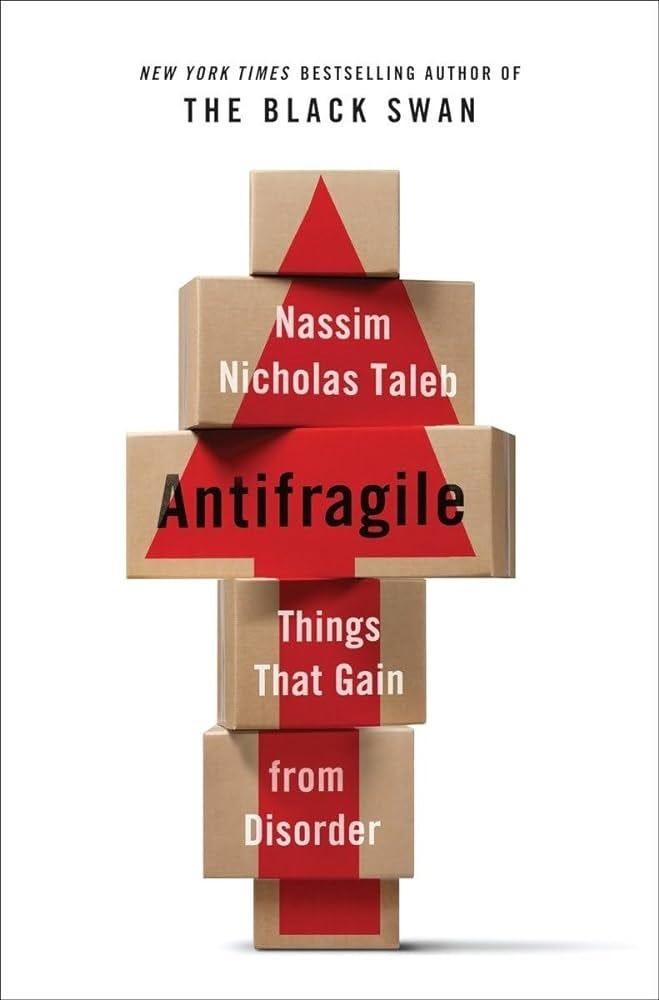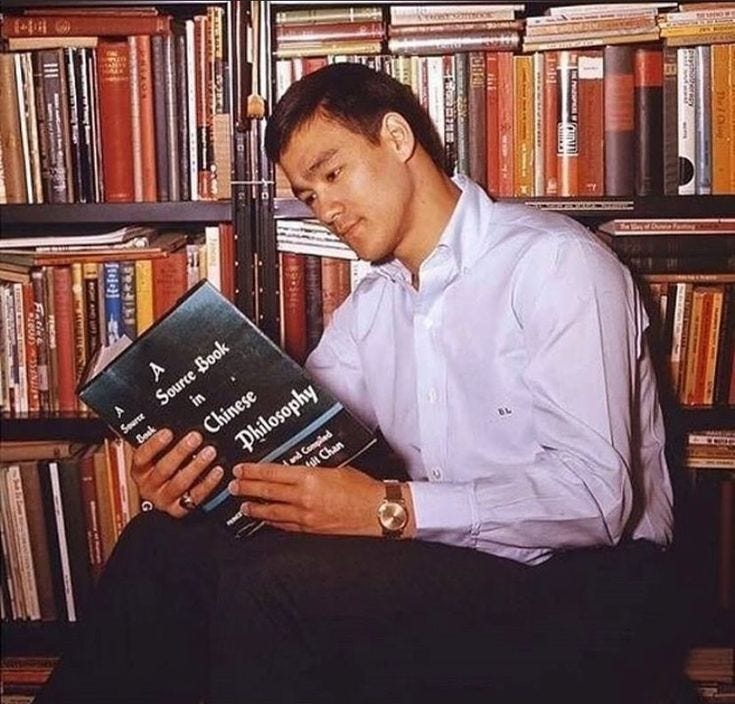Reading list for the culturally engaged worker
Connecting doers with thinkers, part 1
Some friends recently asked me for book list recommendations. I’m thankful for the question since it helps crystallize my approach to recommending readings that I’d already taken with the theology and medicine seminars and in private discussions. Those discussions required a lot of background and many diverse texts! Boiling down the gist of those talks is a great exercise in clarity.
I notice most reading lists for a non-academic audience tend to take an academic-lite approach. By academic-lite, I mean that these lists take what one might get from a liberal arts education and make an accessible, greatest hits version of that huge body of knowledge. Popular media sources like Father Mike Schmitz’s reading recs, Bishop Barron’s Word on Fire, or Ted Gioia’s excellent list do great work popularizing the great books.
The end-goal or ideal reader of these lists seems to be someone who learns how to enjoy our millennia-long cultural conversation and engage it in a way modeled by professional academics, just more casually. This is a great goal. I’m all for a liberal arts education just as I encourage fine art or music appreciation, and it’s essential for some lines of work. Yet, the life of contemplation isn’t the right move for everybody at all times, and traditionalists and renewers of culture lack reading lists geared towards informing action.
I’m personally more curious about how professionals can contribute to a cultural conversation by speaking from their strengths. Many workers and creatives want to be part of cultural renewal. But, focusing on being amateur academics can make people worse versions of ivory tower types, at least when it comes to cultural impact. What we also need are doers. A book list for doers gives just a little guidance on how to direct that “doing” alongside some ways of communicating what we’re doing.
There are special insights a culture can receive from lives spent in engineering, construction, materials science, regenerative farming, and other solid fields. As in the great lists I mentioned, books help us develop a common language of shared cultural and literary references. My hope is that these books also help us communicate to academia and the larger culture the fruits of a life of action and experience. If the list helps you articulate what you do or inspires you to build new structures, please let me know! It’s a continuing work in progress, so I’d love your feedback.
How to use: One item from each category will suffice to inform cultural engagement. (Besides the Bible—read the whole thing!) Beyond that, read whatever you like for a fuller picture. I picked the sources assuming the reader has a bandwidth of about 3-5 books per year. I still recommend asking an ethicist, consecrated lay worker, priest, or other thoughtful practitioner for guidance to see how to apply the texts or how they fit together. Part 2 linked here.
Theology
Benedict XVI
These first books listed provide all the background in biblical studies needed for most people. Benedict XVI represents the full flowering of Vatican II theology, combining the best of biblical criticism, diverse biblical traditions and typologies, and a deep love for the subject matter (the person of Jesus).
Streams of Living Water: Celebrating the Great Traditions of Christian Faith
Richard Foster
Foster details different renewal movements in Christianity in this modern and ecumenical “lives of the saints.” Different spiritualities flow naturally into corresponding ways of fulfilling the works of mercy.
Christian and secular ethics
Stanley Hauerwas
The enduring classic on Christian communitarian ethics.
The Foundations of Bioethics, second edition
H. Tristram Engelhardt
Explore the foundations of different ethical theories and test them as applied to bioethics: Is a secular consensus feasible? If it’s possible for a bioethicist to be radicalizing, Engelhardt does it.
Cultural engagement strategies
H. Richard Niebuhr
A typology of different ways Christians interact with broader culture, and applicable to different cultural minorities. What type do you tend towards?
Nassim Nicholas Taleb
Brilliant reframing for conditions of instability. Personally, this book along with some Chinese philosophy helped me learn to enjoy change.
Social structures and institutions
James K.A. Smith
Our everyday rituals and purchases form us more than a typical Sunday service. Thankfully, we can design the liturgies with which we surround ourselves. The author’s own adaptation of his excellent Cultural Liturgies trilogy.
Robert Bellah and colleagues
Sociology incorporates philosophy and history to examine individualism’s effects on American institutions. The authors coined the now widespread term “expressive individualism.”
Anna Moreland and Thomas Smith
In a world of previously stable social norms upended by Boomers, the authors guide us through new social scripts for work, leisure, and love. I read this book and got it for my sister as a way to imagine alternatives to the dreaded rat race.
The Family
John Paul II
A clear exposition of John Paul II’s theology of the body and the family.
Address to the U.S. National Prayer Breakfast, “Whatever You Did Unto One of the Least, You Did Unto Me”
Mother Teresa of Calcutta
Guts and clear teaching all in one speech.
Education
Luigi Giussani
Encounter the Truth and test it by being open to experience.
The Great Learning (大學)
Zengzi
This is a short classic of Chinese philosophy by Confucius’s disciple on honing the basics and learning from experience. I recommend the translation and commentary in A Source Book in Chinese Philosophy, the same anthology read by Bruce Lee.
Psychology
Jordan B. Peterson
The gateway drug to going to church. As attested by friends, pastors, and countless articles.
Kevin Majeres and colleagues
Cognitive behavioral psychology meets virtue theory. Your work becomes a way to know and improve yourself.
Philosophical history
Strange New World: How Thinkers and Activists Redefined Identity and Sparked the Sexual Revolution
Carl Trueman
A more concise version of his excellent Rise and Triumph of the Modern Self. Traces the development of expressive individualism as the prevailing Western ethos.
Why Beauty Matters documentary
Roger Scruton
If we built beautiful environments in the past, why are many cities and buildings ugly today? A curmudgeonly yet delightful encouragement to rebuild beautifully.
Part 2 below:




I wonder if Donald Trump has read any of these books, especially as tens of millions US Christian's pretend that he is God's agent/vehicle to re-Christianize America.
Never mind that he is a religiously and culturally illiterate nihilistic barbarian.